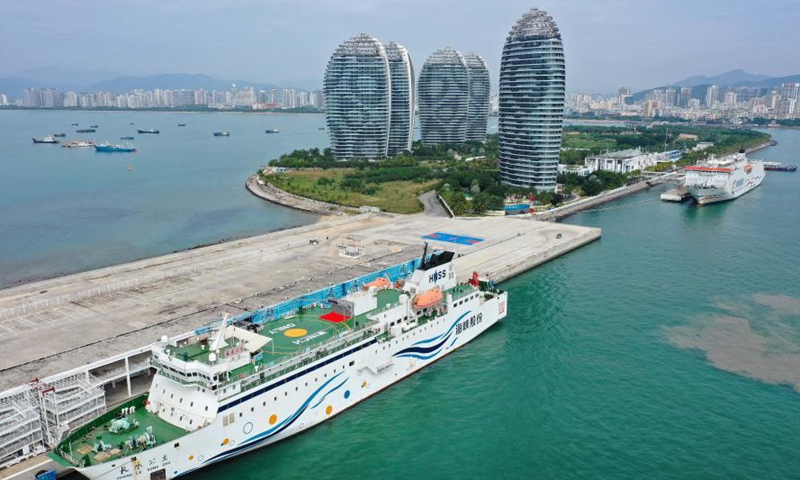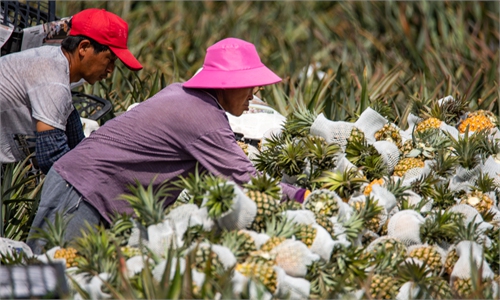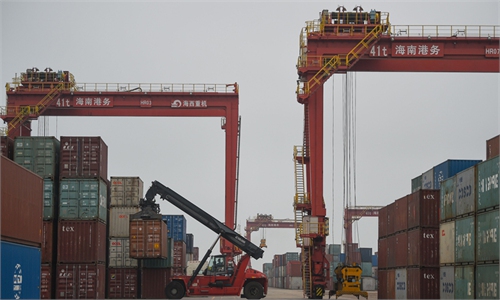
Hainan
China's top economic planner and the commerce ministry announced 22 measures to boost market access to support the building of a free trade port in South China's Hainan Province, with the focus on opening up the high-end consumer-oriented services.According to a document co-released by China's National Development and Reform Commission and the Ministry of Commerce on Thursday, the province will further ease foreign investors' access to medicine, finance, culture, education and agriculture in Hainan.
The central government has given Hainan "unprecedented facilitation for opening up," as reflected in the new policies, which mean that "high-end consumer-oriented services" such as medicine and education would bring the island's superiority into full play, Tian Yun, vice director of the Beijing Economic Operation Association, told the Global Times.
In terms of medicine, Hainan will encourage research into innovative treatments and the practice of advanced aesthetic medicine.
According to the document, pharmaceutical enterprises registered in Hainan that have completed phase I to phase III clinical trials and obtained marketing licenses in China should enjoy easier access there.
Beauty clinics in designated areas will enjoy favorable policies when using medical beauty products and medical equipment listed in the US, the EU, Japan and other countries and regions.
Foreign high-level aesthetic medicine experts will be encouraged to practice in Hainan, while international industrial exhibitions and organizations will be held to attract aesthetic medicine-related tourism.
The document gives a boost to educational and cultural exchanges along the routes of the Belt and Road Initiative (BRI).
Cultural activities and creations from BRI economies will be encouraged to be performed and based in Hainan. Further, domestic well-known universities are encouraged to establish international colleges in Hainan targeting international students, especially those from BRI economies.
In terms of agriculture, measures will be taken to further relax market access to the seed industry in Hainan, and to simplify import and export licenses for crops and herbal seeds for Chinese traditional medicine.
The island will be encouraged to carry out cooperative research with overseas institutions and experts to further optimize the management of seeds introduced from overseas.
These services industries will bring supporting infrastructure, the introduction of talent, and further opening-up in finance on a step-by-step basis, Tian noted.
"The position of the Hainan free trade port is different from the one in Shanghai, as well as from the Beijing-Tianjin-Hebei integration region and the Guangdong-Hong Kong-Macao Greater Bay Area.
"That's because some institutional innovations could be given trials on the island, which will be an experimental field at a higher level," Tian said. For instance, the free exchange of currencies and wider trials of the digital yuan could be possible in Hainan.



